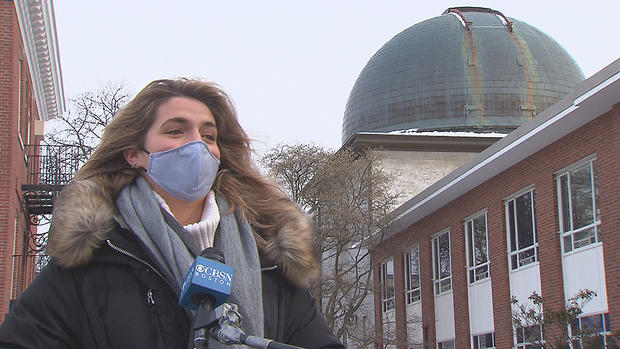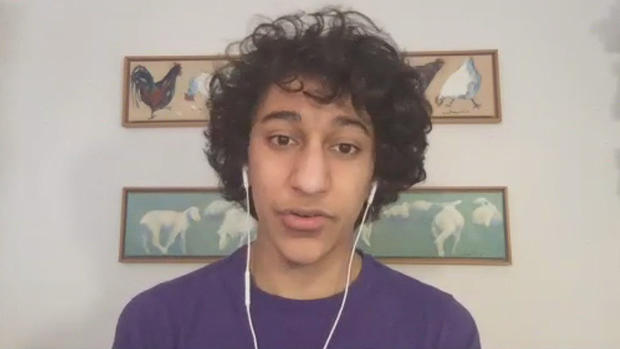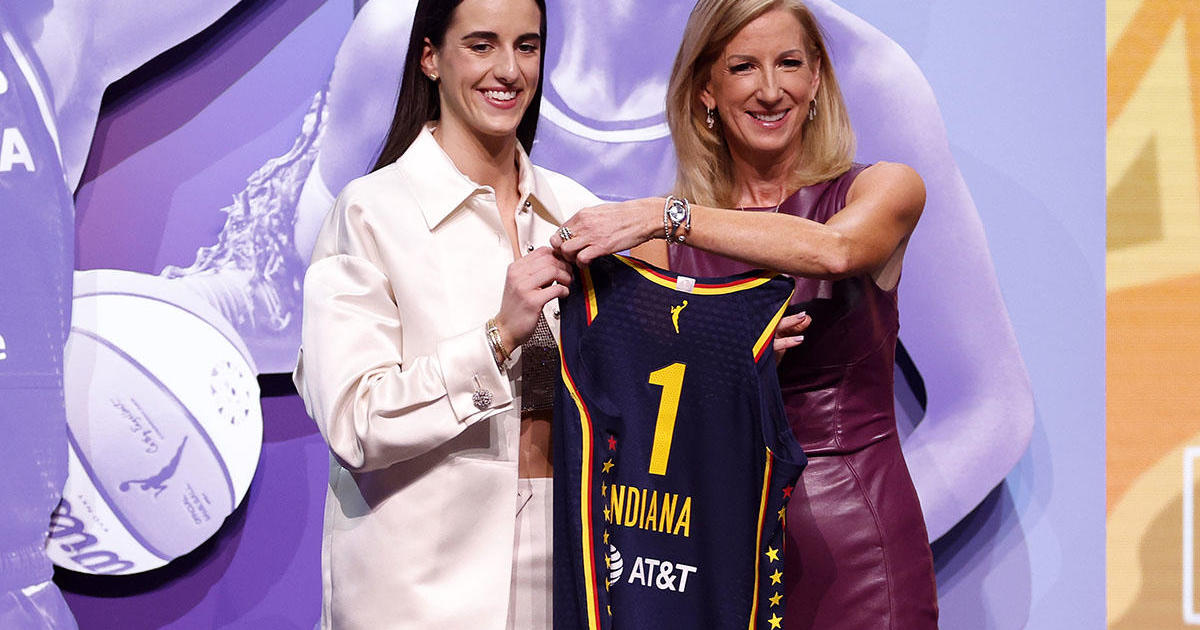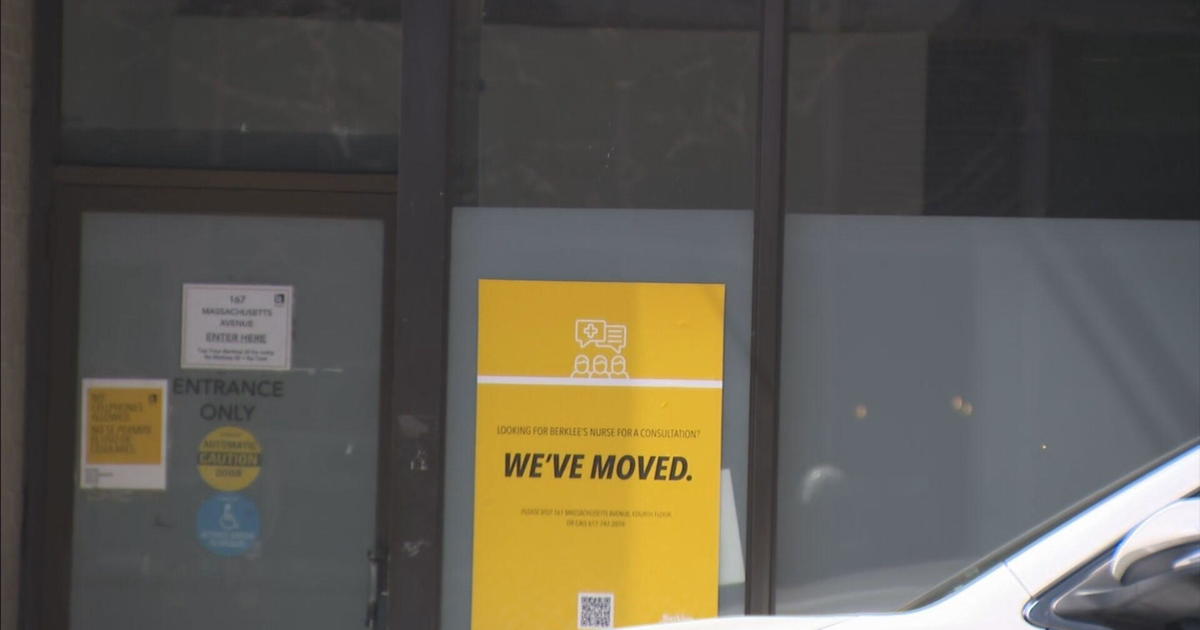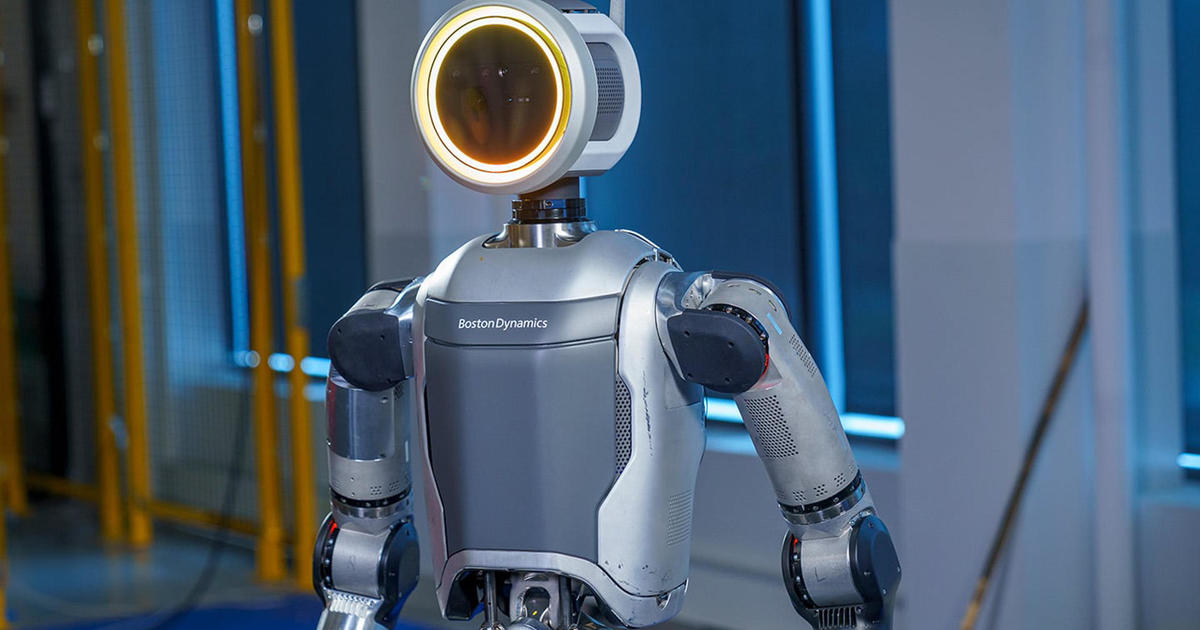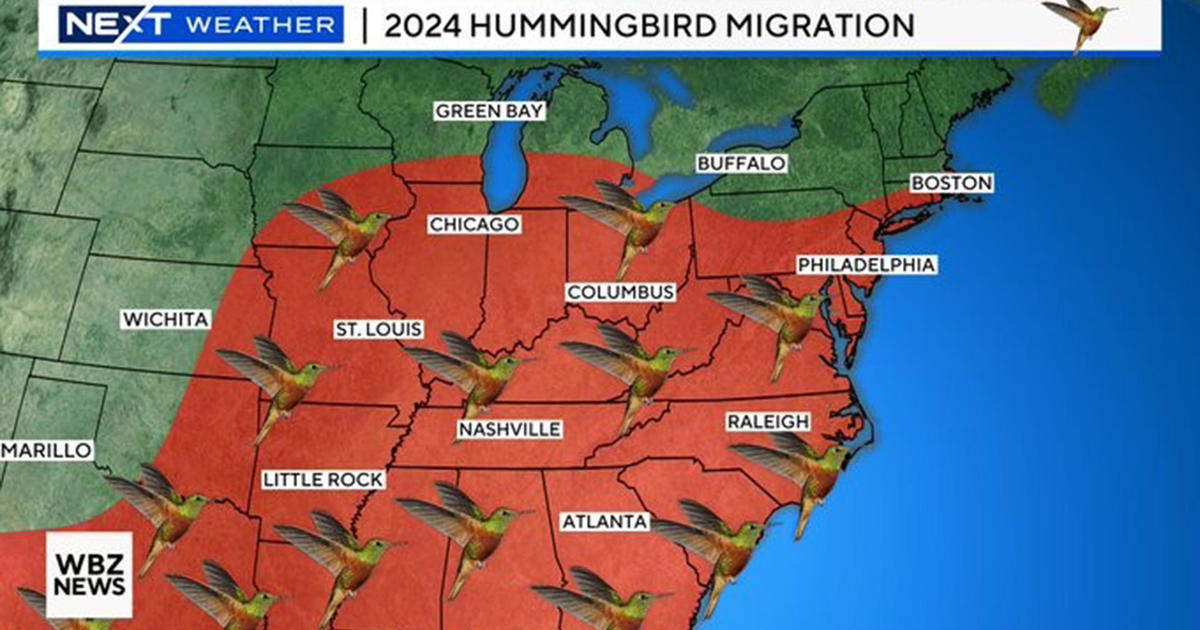Mass. High School Students Help Discover 4 New Planets
CAMBRIDGE (CBS) – Scientists around the world are applauding two Boston-area high school students who made a remarkable discovery.
"I was very excited when we realized that we just discovered four new planets," said Jasmine Wright.
It's not something many high schoolers can say. That is, unless you're 18-year-old Jasmine Wright of Bedford and 16-year-old Kartik Pingle of Cambridge. Both helped discover four exoplanets and co-authored a peer reviewed paper, which was published in the Astronomical Journal on January 25.
Wright said, "All of my peers are absolutely amazed. They think it's insane someone that they know and their age can make a discovery of not only one planet but four planets."
Clara Sousa-Silva is an Astrochemist and the Director of the Student Research Mentoring Program at the Center for Astrophysics in Cambridge. "It's extremely unusual," she said. "Most of this level of research is done by established scientists who have Ph.D's. It is strange, but that's exactly the goal of the program."
The SRMP matches high school students, like Jasmine and Kartik, with scientists at Harvard and MIT working on original research, in hopes that something like this will happen. The students work with the scientists on a yearlong research project. The program accepts 12-15 students per year.
"The reason I joined this program is because I've always loved astronomy since I was very young," Wright said. "I've always known that I want to make it a career."
During this particular project, the group was working on finding new planets using the Transiting Exoplanet Survey Satellite (TESS). Sousa-Silva said, "The data is collected by a telescope called TESS and what they do is they watch stars for a really long time and see if once in a while the stars dim. And the stars can dim because little planets cross in front of it."
"We sifted through the TESS catalog to look for planet candidates and then did the various steps to verify them and validate them using other telescope data," said Pingle.
A lot of the research took place last year at the Center for Astrophysics in Cambridge with the findings being published this week.
Wright said, "I don't think anyone is too young to do anything. I believe that if you're passionate about something and truly love it, then you can accomplish anything you set your mind to."
